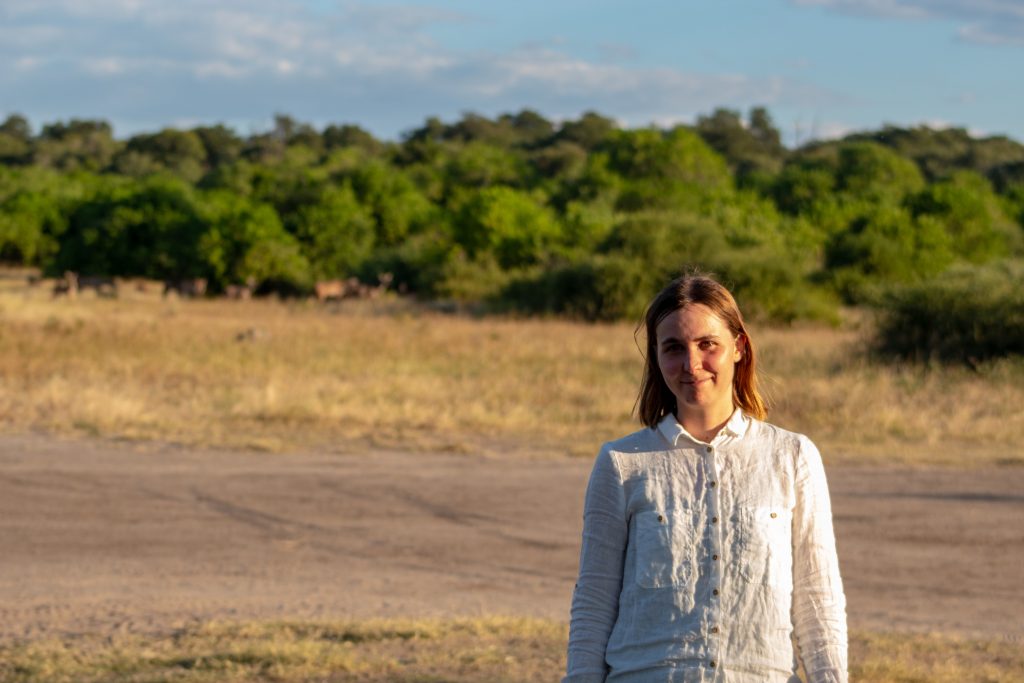By Anja Herrmann
At UCR, you are confronted with so many opportunities and subjects that it can be hard to pick the ones you want to do in the time frame of just three years- and when you finally draw near to the finish line of a 3 year marathon, you get hit with these questions: What do I do after UCR? Do I pursue a Master’s? What is a Master’s program like and is it harder than UCR? Should I get a job, take a gap year? In this article we have a compilation of UCR alumni responses that will hopefully answer your questions. Amélie Snijders, a recent UCR graduate, explains her Masters in politics. Daan Lodder discusses his current PhD in music and what he did right after UCR. Zoë Goldsborough talks about what she is doing with her project on animal behaviour, Nicolas Castellon about his work on cyber security and advice to graduating students of UCR and finally, Amandeus van Rossum about taking a gap year to learn Russian. Enjoy!
Amélie Snijders
Graduated in 2019, majored in Politics and Law and minored in Literature.
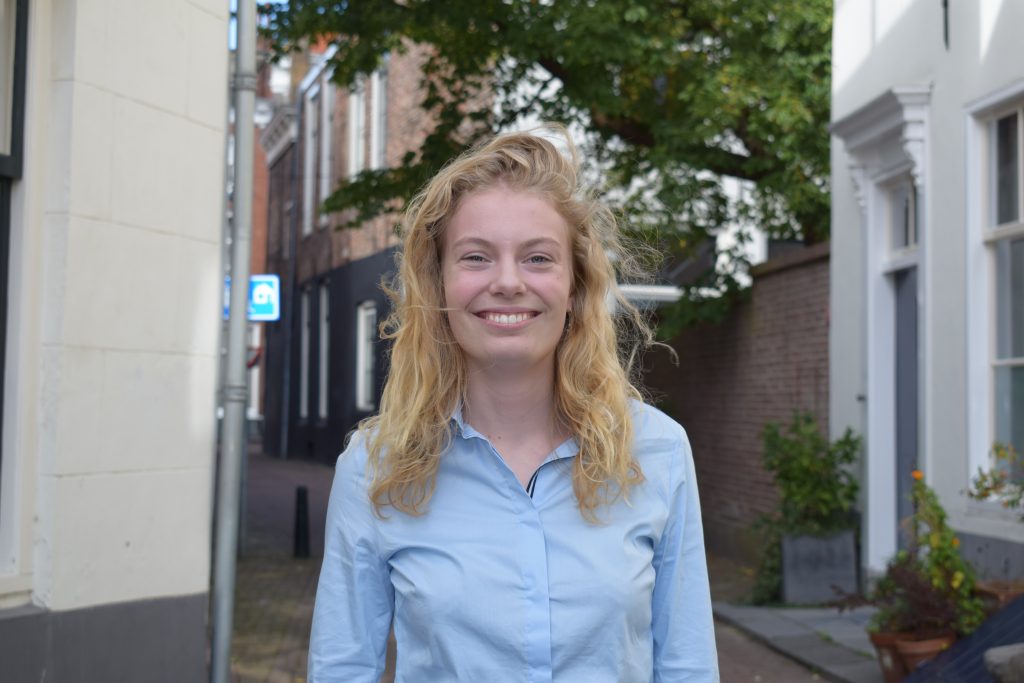
What are you doing now? what did you do in the first year after UCR?
After enjoying the summer months, I moved to Paris to start my adventure at SciencesPo. For those who don’t know, SciencesPo is a university specialized in political studies; it is currently the third best in the world in this field, right behind Harvard and Oxford. I am studying European Affairs with a specialization in Energy, Environment and Sustainability. I made the decision to go for this program because its reputation was really good, because living in Paris gives me the opportunity to learn fluent French, and because the program finishes with an internship rather than a thesis. SciencesPo is also known to be one of the three main feeder universities to the EU, next to LSE and the College of Europe.
Are you finding your Master’s program to be harder than UCR?
So, this is quite a controversial question. During my time at UCR, many alumni always told us that their master program is easier than UCR and I never, ever believed them. I always thought that it must be that they are very smart or that the university they picked was having issues. However, now that I am an alumna myself I can officially confirm that in my experience my master program is easier than UCR. I will give some concrete examples to make my point. In the first week of class, I expected to have all the basic information about my classes and was prepared to do some reading or homework. However, there were no book lists, no course outlines and no basic information besides my schedule. Students just show up to class and the professor shows them the syllabus or emails it to you somewhere during the first two weeks. Furthermore, reading for class is never more than one academic article, so far of at most 20 pages and the cherry on top is that the professor apologizes for making you do reading. It is quite a bizarre experience as a UCR alumna.
Do you encourage students to take a gap year after UCR?
No, I would not encourage it. I fully understand that the application process is very stressful to undergo while dealing with the UCR semester at the same time, I also thought it was a bit too much at times. However, if you make the major decisions in the summer break after your second year, so basically what program you want to do and for which universities you want to apply, then it is just a matter of gathering the right documents and uploading them on the application platforms. I think it is beneficial to go straight into a Master’s program simply because you have become so used to the demanding atmosphere of UCR that it will take a lot less effort adjusting to academics again after the summer than if you have taken a whole year off.
What advice would you give to students who are about to graduate?
Start thinking about your future ASAP! I know that you really do not want to deal with an uncertain, scary future on top of the UCR workload, but you are going to regret not making a decision on time- you don’t want to see others go off and start their new programs, jobs or other opportunities while you have no idea what you are doing with your life. If you want to take a gap year, great- go for it! But make plans, think about what adventures you want to fill your gap year with: travelling, a job or an internship. If you want to do a Master’s program, make sure you are aware of the application deadlines, contact your references as early as possible and try and spread the work, so that you don’t have to deal with all the application mess one week before the deadline.
Daan Lodder
Graduated in 2013, majored in Philosophy and minored in Art History.
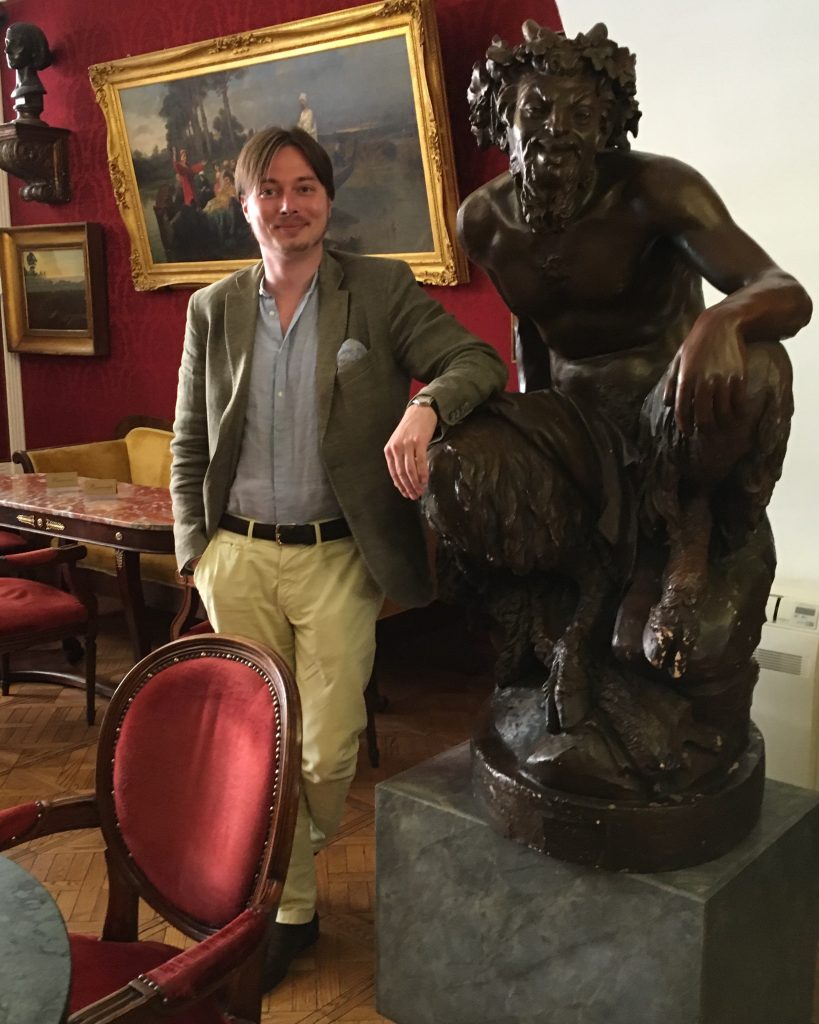
What are you doing now?
I am preparing for my PhD defence in November. My dissertation, entitled “Slipping off the Horizon: Spirituality, Sights and Sounds of Landscape in the Times of Wolfgang Amadé Mozart and Felix Mendelssohn Bartholdy, Four Case Studies”, is among the first batch of PhD dissertations written with substantial support from UCR (under auspices of Utrecht University).
What did you do in the 1st year after graduating from UCR?
Because I graduated in January (2013), I remained in Middelburg for one more semester, doing recruitment work for UCR and teaching guest lectures in ‘The Bible in the Arts’. During the summer, before starting a master program in September, I did an art historical internship at the ‘Old Masters Painting Gallery’ in Dresden. I then moved from Germany to Scotland to obtain a master (M. Litt.) in ‘Theology, Imagination and the Arts’ at the University of St Andrews.
Did you find your Master’s easier or harder than your studies at UCR?
Generally easier. Because you’re trained very well at UCR to analyse texts, write essays, and give presentations, most master programs feel like you’re performing a series of already well-rehearsed academic ‘tricks’. However, I would say that achieving the highest possible grades in a master program (‘distinction’ or ‘first’ at the British top universities) is a little more difficult than obtaining an A+ at UCR.
Do you encourage students to go into a Master’s program after finishing UCR or take a gap year?
Based on my own experiences, taking a ‘gap semester’ and then doing a two month internship abroad during the summer, I would highly recommend seeking out similar extracurricular experiences. However, on the Dutch, highly diploma-oriented labour market, it is advisable to obtain a master’s degree as quickly as possible. In hindsight, I wish I had made better use of the long summer and winter breaks at UCR to do more internships and additional courses.
What advice would you give to the students of UCR about to graduate?
Don’t be afraid to aim high, should you decide to apply to Master’s programmes (or even directly to a PhD program). Even without a 4.0 GPA, you’ll find UC-graduates are in high demand at high-ranking Anglo-Saxon universities, because of their intellectual flexibility, critical thinking, and verbal skills. Don’t be disappointed though, if you find that the level of education, even at a high-ranking university, doesn’t quite measure up to UCR. Very few institutions are as focused on teaching and learning excellence as our alma mater.
Zoë Goldsborough
Graduated in 2017, majored in Biology and Neuroscience.
What are you doing now?
I finished my Master’s degree in animal behaviour (specifically primates) at the end of September. In August, I returned from doing five months of fieldwork in Zambia in a chimpanzee sanctuary. I am currently in the process of applying for PhDs and working on some other projects.
What did you do in the 1st year after graduating from UCR?
I instantly started my Master’s program.
If you went to do your Master’s, which university did you go to? What Master’s did you pursue?
I studied Animal Ecology, which is a research track of the Environmental Biology Master’s program at Utrecht University.
If you’re pursuing your masters right now, what are your future plans when you finish?
So technically I am already done, but my plan is to continue with research by doing a PhD, hopefully focusing on social learning, communication and cognition in primates.
Did you find your Master’s easier or harder than your studies at UCR?
Many aspects of my masters were much easier than my studies at UCR; for instance, the level of academic writing and presenting of the “regular” bachelor students was much lower than what I had been used to at UCR. I also felt as if studying at UCR prepared me a bit for the independence that is necessary to be successful in a research master’s that contains a lot of freedom. However, something that I lacked at UCR is real experience with doing research in my field, since the options for that are quite limited while at UCR (although I did manage to do some in the form of my Honours thesis).
Do you encourage students to go into a Master’s program after finishing UCR or take a gap year?
Since I didn’t do a gap year, I find it hard to say what I would recommend. For me, continuing straight away was the best option, since I felt like I had a good momentum going and the knowledge I needed was still fresh in my mind. I would encourage students not to be too hard on themselves; I myself wasn’t entirely sure if animal behaviour was what I wanted to pursue for the rest of my career, but made the deal with myself that I would try this master and could always do a second master program afterwards if it turned out I didn’t like it after all.
What advice would you give to the students of UCR about to graduate?
I would recommend everyone who is interested in a certain topic or Master’s program to try to speak with current students/researchers in the field, to give you extra insight into what it really is you are going to do. For a Master’s program this is really important, since I feel as if sometimes a program presents itself differently than it actually is (e.g. my Master’s program requires a lot of independence and arranging projects yourself). Talking to someone in the field is also always a must, and people are generally incredibly forthcoming about speaking to students! When I wasn’t sure if I wanted to go into animal behaviour, I found the website of a Dutch animal welfare scientist, and emailed her to ask if we could Skype. It was a very insightful conversation, that helped me make up my mind in picking my Master’s program. So, if anyone is thinking of studying animal behaviour, I am always open to chat about it!
Nicolas Castellon
Graduated in 2013, majored in International Relations, Politics and Sociology.
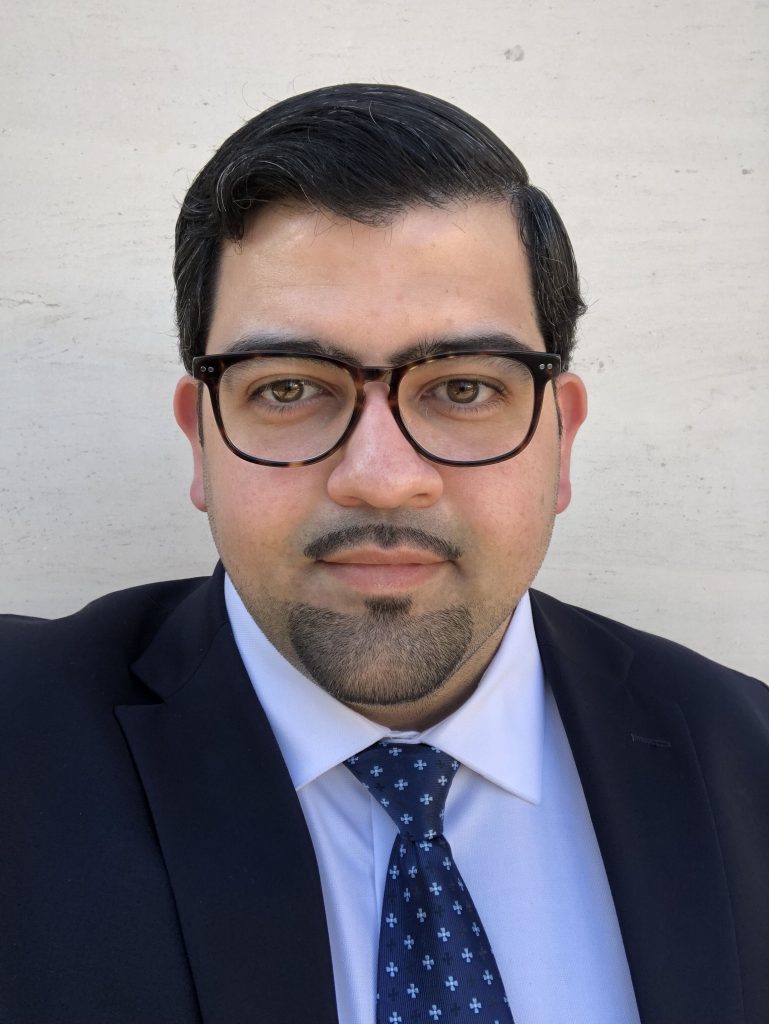
What are you doing now?
I am a Senior Manager at Capgemini Invent, in their Cyber Security Unit and I am the co-stream lead for Cyber Defense capabilities.
What did you do in the 1st year after graduating from UCR?
I worked at the Centre for Counter-Terrorism of Leiden University and pursued an MSc at Leiden University in Crisis and Security Management.
Did you find your Master’s easier or harder than your studies at UCR?
A Master’s degree at Leiden is both easier and more difficult than a degree at UCR. UCR provides its students a strong social fabric that helps students be in close contact with classmates, friends and professors – this means there are big training wheels to understand your academic journey. This allows for a strong academic and intellectual engagement as well. A Master’s degree is a different experience. It is more difficult in terms of gauging the requirements of the course, exams count for the highest assessment percentage of your total grade, and you are one student in a class of 60 students. Breaking-through and showing your potential is more competitive at the master’s level and the cohesion with your classmates is much less strong.
Do you encourage students to go into a Master’s program after finishing UCR or take a gap year?
Taking a break or going straight to a Master’s depends on you. Do you know what you want to do next? If you do not know – take a break, and use that break to find out what you want. Make sure the break is productive in terms of taking a mental rest and also finding out what gives you energy and what you could imagine yourself doing in your career. I took 2 years off after finishing high-school, and the mental clarity I got because of that was as valuable as my bachelor degree. Do you know what you want to do? Then go for a Master’s degree. My advice here is to take a master’s degree that is more specific than whatever you are already doing at UCR. If your degree is equally vague, you run the risk of being too broad profile-wise. My rule of thumb is- if you can’t easily imagine the profession that comes after the degree, re-think your motivations to attend a master’s degree. Make sure your motivation is the knowledge and network provided by the degree.
What advice would you give to the students of UCR about to graduate?
Enjoy your last year. Don’t worry too much about your grades, and make sure you hand in things on time and still go to that party. In terms of your next step, try to find a study that makes you sharper and profiles you as an expert. The field will change in 2-3 years, so make sure you’re always keeping tabs on how your field connects to others.
Amandeus van Rossum
Class of 2016, is an International Relations, Political science and Law major and a religious studies minor.
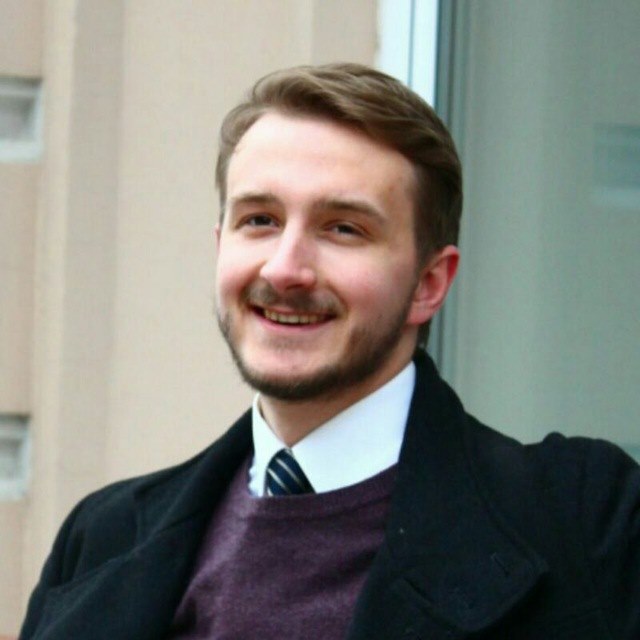
What are you doing now?
Currently, I am following the Master Political Science with specialization at the Radboud University in Nijmegen. This is my second Master program.
What did you do in the 1st year after graduating from UCR?
In October 2016, I went to do a Russian language year at the Higher School of Economics in Moscow, Russia.
If you went to do your Master’s, which university did you go to? What Master’s did you pursue?
After the language year, I followed an International Relations Master with the specialization of European studies at the Higher School of Economics in Moscow, Russia. This Master was taught half in English and half in Russian.
If you’re pursuing your Master’s right now, what are your future plans when you finish?
My future plans are definitely in the field of international relations, but I am not sure of my specific job yet. I am very interested in foreign policy, the European Union and Russia.
If you took a gap year, what kind of work did you do?
Well, the language year that I took can be interpreted as a gap year, which meant that I worked on my Russian until it was level B1. This is the minimum to start a full-time program that is taught in Russian.
Are you finding your masters easier or harder than your studies at UCR? Why or why not?
Good question. The material at the HSE was more in-depth than what I studied at UCR, as a good Master program should provide, but it covered fewer fields. In my case, most of the classes were taught in Russian that provided for an extra difficulty, but also made everything more interesting. UCR helped me to get the tools I needed to do research, while during my Master’s program I applied most of the techniques learnt. UCR is very intense with short semesters and lots of deadlines, and I noticed that the workload in Russia was less intense than it was in Middelburg. However, less intense does not mean easier. The material was highly complex and very technical. Especially the students who know a thing or two about the EU might understand the bureaucracy that is at its core. In my opinion, UCR is difficult because you are learning how to do research and HSE is difficult because you have to apply it all. Difficult to compare, I guess.
Do you encourage students to go into a Master’s program after finishing UCR or taking a gap year?
Depends. I knew quite well what I wanted to get out of my gap year, so it definitely worked for me, but doing a gap year without a purpose I would not advise to do. Sometimes students need more time to think about the Master (or purposefully not) and would like to do something else to give themselves some space. Brilliant, I would definitely advise this. However, getting back on track in the study life might be a bitter pill, especially when the workload is lower than during the studies. I would say: if you have a goal in mind or you need some extra time, take a gap year – if you don’t, pick a Master’s and continue studying.
What advice would you give to the students of UCR about to graduate?
Understand what you know and don’t know, look at your toolset and see what’s missing. Focus on that during your next step.
Look out for part 2 of this article where alumni talk about their experience at UCR and what advice they have about during your time at UCR!
Anja Herrmann, Class of 2021, a Politics and Human Geography major from Hong Kong, China.
Sources
Image Source: https://www.trilliumcollege.ca/graduate-programs/


